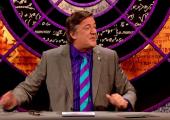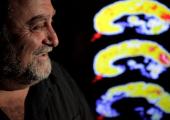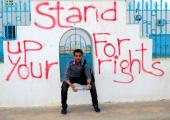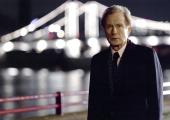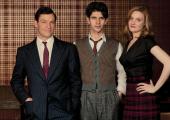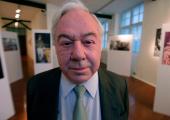This World: Spain's Stolen Babies, BBC Two

Harrowing documentary revealing Spain's stolen-baby scandal
The scale of the operation was hard to take in, as was the extent of the cover-up. Between 1940 and 1990, it’s estimated that up to 30,000 babies were trafficked in Spain. It started under the military dictatorship of Franco, but it ended long after its fall, though why the sudden cut-off was given as 1990 we never learned. What we did learn was this: that newborn babies were systematically taken by mothers deemed to be ideologically or morally unfit, and they were often bought by couples for cash. Within hours of giving birth these mothers were told that their babies had died.



